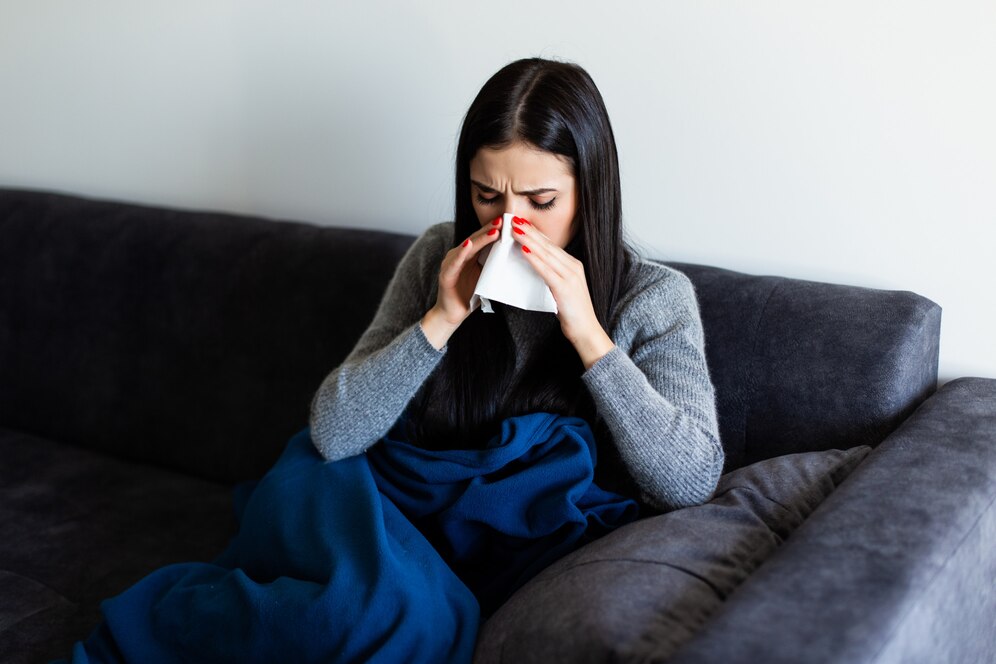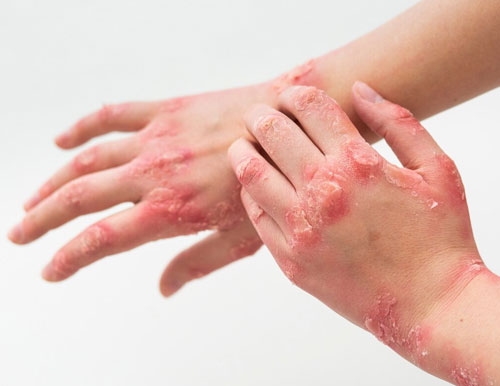Book an Appointment +91-95000 01177
Multiple sclerosis (MS) is a chronic and often debilitating neurological disease. It affects the central nervous system (CNS) including the brain and spinal cord. The body’s immune system mistakenly attacks the protective covering (myelin) of nerve fibers impairing the transmission of electrical signals between the brain and nerves. The communication between the brain and the rest of the body deteriorates as the disease progresses.
According to Ayurveda, MS is an autoimmune disorder which causes Spinal Energy Imbalance. So, when the spinal energy imbalance is corrected, it would not only help with MS but with other related diseases as well.
As per Ayurvedic understanding, improper digestive fires over a period of time can trigger MS. Erratic sugar highs and lows even in non-diabetics, excess body fat, and food deficiency could be contributing causes. Rectifying the digestive process has a positive and therapeutic impact on the disease. Individualized food plans and personalized diet recommendations help those with MS to manage their symptoms and better deal with the condition.

Schedule Your Healing Journey: Book an Appointment for Treatment.
Book an AppointmentMultiple sclerosis symptoms differ from person to person depending on which nerves are affected and severity of nerve fiber damage. Some of the common symptoms of MS are:
- Numbness or weakness in one or both legs and back
- Tingling or pain in different parts of the body
- Partial or complete loss of vision, usually in one eye at a time
- Prolonged double vision
- Electric-shock sensations with certain neck movements
- Tremors and/or lack of coordination
- Slurred speech
- Fatigue and/or frequent spells of dizziness
- Problems with bowel and bladder function
Though the exact cause of the disease is unknown, MS is considered an autoimmune disease. A lack of immunity or a faulty immune system could potentially be a cause. Genetics could also play a role in contracting and progression of the disease.
MS can be triggered by various factors, including:
- Body being in a state of inflammation – compromising immunity
- Chronic irritable bowel disease
- Thyroid irregularities
- Diabetes
- Certain viral fevers
- Cold (affecting the body’s blood circulation)
- Smoking
- Hereditary factors and genetics
- Stress and lack of sleep for a long period of time
Since MS is a disease of the central nervous system, Ayurvedic treatments include external therapies and internal medicines.
The treatment protocol involves treating the head and body to repair and rejuvenate the nervous system. Dhara (a Panchakarma treatment) is carried out using Ayurvedic medicated oils and kashayams (medicines). Shriovasti and shirodhara using medicated oil are performed. Specially formulated ghee and other medicines are given orally. Diet corrections are made based on individual needs.
The medicine formulated by Punarjani’s is capable of addressing all the many factors that contribute to the progression of MS.
Samaghni is a 100% Ayurvedic Arka medicine that helps to:
- Slow down the progression of the disease
- Improve immunity
- Recover from attacks
- Bring down the inflammation in the body
The medicine is formulated to:
- To combat inflammation caused by other diseases and conditions
- Fight autoimmune diseases
- Control chronic irritable bowel disease
- Help stabilize thyroid functions
- Help against degeneration from diabetes
- Work as a neuro-tonic
- Treat certain viral fevers
- Fight bronchitis and common colds
- Help improve blood circulation
- Maximize toxin removal from the body
Our medicines DO NOT contain any steroids, added colours, sugar or preservatives and is safe for long term use.
Happy Customers
"I had been struggling with diabetes for years, and nothing seemed to work effectively until I discovered Dr. E. Shaji Raj's Ayurvedic Arka Medicines. They have been a game-changer for me. My blood sugar levels are now under control, and I feel healthier than ever. Thank you, Dr. Shaji Raj!"
-John"I was skeptical about trying Ayurvedic remedies for diabetes, but after giving Dr. E. Shaji Raj's Arka Medicines a try, I'm a believer. These medicines have helped me manage my diabetes without the need for excessive medication. I feel more energetic and vibrant. Highly recommended!"
- Sarah"As someone who has tried various treatments to control diabetes, I can confidently say that Dr. E. Shaji Raj's Arka Medicines are the real deal. They are not only effective but also safe and natural. I've seen a significant improvement in my health, and I'm grateful for these life-changing remedies."
- RajeshAll our medicines are 100% ayurvedic arka medicine
- Formulated in the unique style of DR. E. Shaji raj. They are not some weak supplements. They are able to stand alone and efficiently cure diseases.
- Our medicines are extracts of medicinal plants, herbs, roots, tree barks in their purest forms
- No heavy metals, preservatives, sugar, Bad strong taste, artificial colours or hidden x-factors
- Our medicines can be used along with modern medicines till such time you wean yourself off modern medicine.
BlogsIn The Infinity Of Life, Take Time Out For The Soul
Read all blogsWith the drastic and unpredictable change in the climatic condition and increasing pollution in our environment the incidence of Sinusitis are increasing in our Country.
Read MoreThis informative piece sheds light on the nature of this chronic autoimmune condition, its potential causes, symptoms, and available treatment options.
Read More




